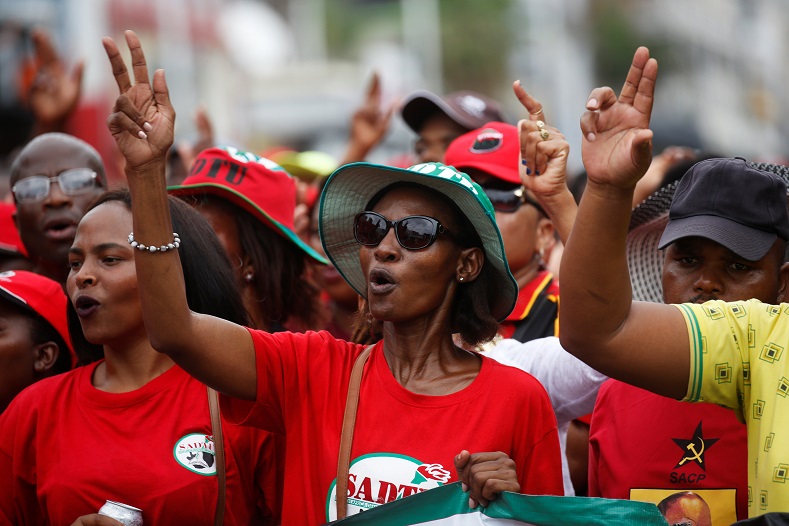Introduction:
In the annals of industrial relations, trade unions have played a pivotal role in shaping the social and economic fabric of nations. In South Africa, where the legacy of apartheid left deep scars on society, trade unions have emerged as a formidable force for equality, justice, and economic empowerment. This article explores the multifaceted impact of trade unions in South Africa, examining their historical roots, their current status, and their future prospects.

Image: wikisouthafrica.co.za
Historical Foundations:
The origins of trade unions in South Africa can be traced back to the late 19th century, when skilled workers formed associations to protect their rights amid the burgeoning mining industry. The rise of industrialization and the emergence of an urban working class gave further impetus to unionization. However, the oppressive apartheid regime sought to suppress and control union activities, viewing them as a threat to its racial segregationist policies.
Apartheid and Resistance:
During the apartheid era, trade unions became hotbeds of resistance to the regime’s brutal policies. Unions played a central role in the struggle for basic labor rights, including minimum wages, safe working conditions, and the right to organize. They also provided essential support to the anti-apartheid movement, organizing strikes, organizing popular demonstrations, and advocating for political change.
Post-Apartheid Era:
With the advent of democracy in 1994, trade unions faced the challenge of rebuilding and transforming themselves to meet the needs of a free and democratic society. They played a key role in drafting the country’s post-apartheid constitution, which enshrined workers’ rights, including the right to collective bargaining and freedom of association.
Current Status:
Today, trade unions in South Africa are a significant force in the economy, representing millions of workers in various sectors, including mining, manufacturing, and the public service. They continue to negotiate wages and working conditions, provide legal assistance and social services to members, and advocate for workers’ rights at national and international levels.
Socioeconomic Impact:
The influence of trade unions extends beyond the workplace. They have been instrumental in improving social and economic conditions for workers and their families. By securing higher wages and better working conditions, unions have contributed to poverty reduction, inequality, and social justice.
Political Influence:
Trade unions in South Africa have also played a significant role in shaping the country’s political landscape. They have formed alliances with political parties, lobbied for progressive policies, and mobilized workers to participate in political processes. Some unions have even formed their own political parties, aiming to directly influence policymaking and ensure that workers’ interests are represented at the highest levels of government.
Challenges and Controversies:
While trade unions have made significant contributions to South Africa, they have also faced challenges and controversies. Some unions have been accused of corruption, mismanagement, and overly aggressive tactics. There is an ongoing debate about the appropriate balance between union power and employer rights.
Future Prospects:
As South Africa navigates the complex challenges of globalization and technological change, trade unions are facing a new era of adaptation and reinvention. They will need to find innovative ways to organize workers, adapt to shifting employment patterns, and stay relevant amid changes in the labor market. The future of trade unions in South Africa depends on their ability to remain responsive to the needs of workers. However, there is no question that unions will continue to play a crucial role in shaping the country’s social and economic development.
Conclusion:
Trade unions have been an indispensable force for progress in South Africa. They have fought for workers’ rights, improved social and economic conditions, and played a vital role in the struggle against apartheid. While challenges remain, trade unions remain essential stakeholders navigating ongoing transformations in the labor market. As we look to the future, let us celebrate the legacy of trade unions in South Africa and support their continued efforts to create a more just and equitable society for all.

Image: www.telesurenglish.net
Impact Of Trade Unions In South Africa






